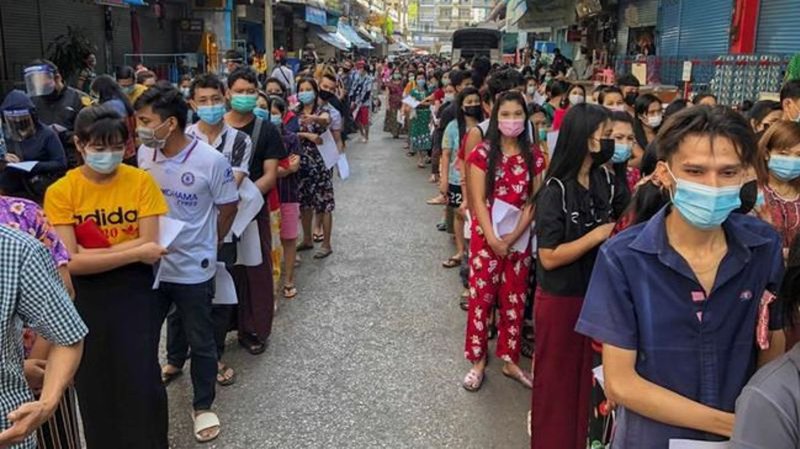
Asia Today: Governor of hotspot Thai province infected
BANGKOK — The governor of a province at the centre of an expanding COVID-19 outbreak in Thailand has been confirmed infected with the coronavirus after meeting with public health officials including the deputy prime minister.
The meeting Sunday attended by the Samut Sakhon governor, Deputy PM Anutin Charnvirakul and others was considered a low risk of spreading the virus because everyone wore masks, said Dr. Taweesilp Visanuyotin, a spokesperson for the COVID-19 response centre.
The governor, Weerasak Wijitsaengsri, did not have symptoms but would be treated at a hospital, Taweesilp said.
Anutin, who is also Thailand’s public health minister, wrote on Facebook that he has tested negative for the virus and is isolating at home for 14 days.


